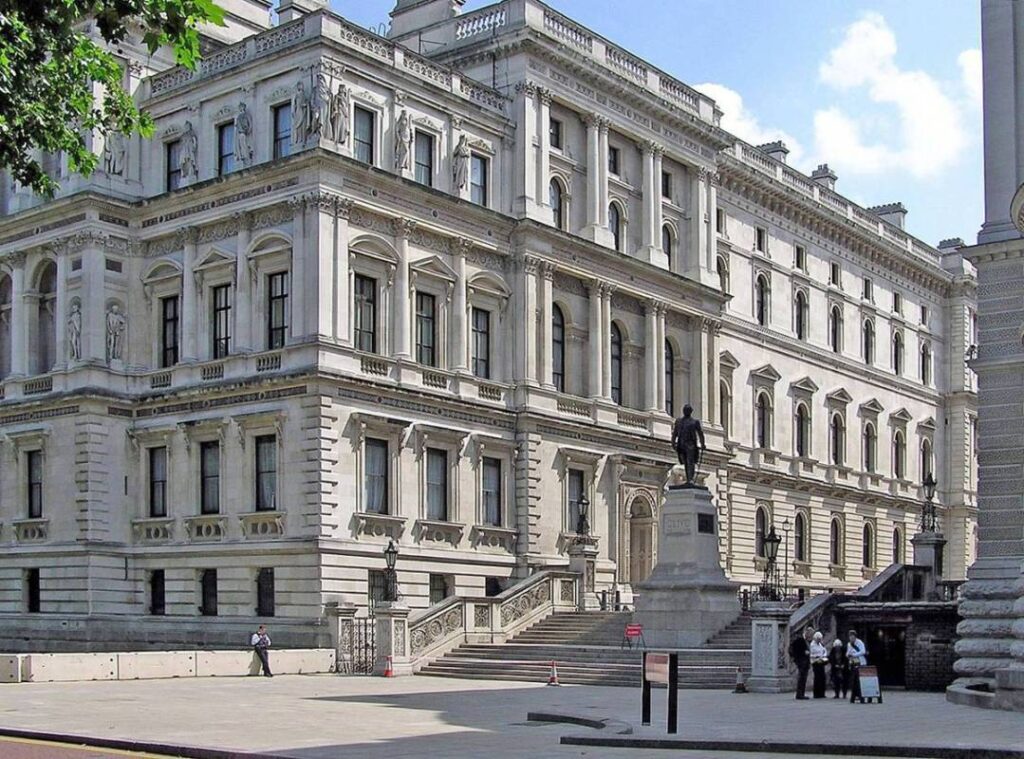Table of Contents

Introduction
During British rule in India, the Secretary of State for India was a prominent position within the British government. The Secretary of State for India was a member of the British cabinet responsible for the governance of British India. This position was typically held by a senior politician and oversaw matters related to the administration, legislation, and policies governing India.
The Secretary of State for India played a crucial role in shaping British policies towards India, including issues such as governance, economy, and relations with the Indian princely states.
Notable individuals who held the position during British rule include Charles Wood, Edwin Montagu, and Lord Morley, among others. This position was a key link between the British government and the administration of India until India gained independence in 1947.
Important Facts: Secretary of State for India
- The Secretary of State for India, also known as the Indian secretary, was a British Cabinet minister and the political head of the India Office responsible for the governance of the British Indian Empire, along with Aden, and Burma (Burma was separated from British India on 1st April 1937).
- The India Office was a department of the British government. The department was headed by the Secretary of State, a member of the British cabinet.
- The India Office was established in London in 1858 to oversee the administration of the Provinces of India.
- Lord Stanley became the first Secretary of State for India.
- Sir Charles Wood served as Secretary of State for India from 1859 to 1866.
- The India Office and its Secretary of State were abolished in August 1947.
- William Francis Hare was Secretary of State for India when India gained independence in August 1947.

List of Secretary of State for India
| Charles Wood | One of his major contributions was the implementation of the “Wood’s Despatch” in 1854, which aimed to reform and improve education in India. This Despatch laid the foundation for the development of a modern education system in India under British rule. |
| John Morley | Morley-Minto Reforms (1909): expanded the legislative councils in British India and increased Indian participation in the legislative process. |
| Edwin Montagu | Served as Secretary of State for India from 1917 to 1922. Montagu is best known for his role in the Montagu-Chelmsford Reforms of 1919. |
| Earl of Birkenhead | |
| Samuel Hoare | One of the notable events during Hoare’s time was the enactment of the Government of India Act 1935. |
| Lord Pethick-Lawrence | Pethick-Lawrence served as the Secretary of State for India in the Labour government led by Prime Minister Clement Attlee from 1945 to 1947. He was a member of the Cabinet Mission to India (1946). |
